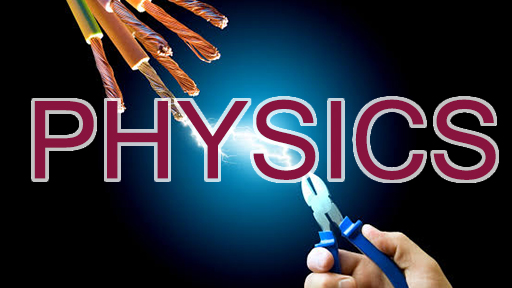Concept of temperature
The Term Temperature
Define the term temperature
Temperature is property of a body, which decides which way heat will flow when it is placed in contact with another body.
The SI Unit of Temperature
State the SI unit of temperature
Temperature refers to the degree of coldness or hotness of a body. The SI unit of temperature is Kelvin (K) known as absolute zero or thermodynamic scale.
Commonly in thermometers we encounter the unit Celsius degree (0C) another scale is called Fahrenheit scale.
Measurement of Temperature
Measurable Physical Properties that Change with Temperature
Identify measurable physical properties that change with temperature
A reliable measurement of temperature is done by a thermometer. Thermometers use measurable physical properties that change linearly with temperature to give temperature reading.
Physical properties that change with temperature are called thermometric properties of a thermometer which include the following:
- Expansion of liquid when heated. E.g. Alcohol and mercury
- Expansion of strip of two metals.
- Generation of an electric current when heated
- Change in resistance of a wire
The Fundamental Interval of a Thermometer
Define the fundamental interval of a thermometer
When you want to construct a thermometer you must establish two constant temperatures called fixed points. The fundamental interval of thermometer is the difference between the upper fixed point and lower fixed points.
The lower fixed point is the temperature of pure melting ice. Note that impurities lower the melting point of ice.
The Mode of Action of Liquid-in-glass Thermometer
Describe the ‘mode’ of action of liquid-in-glass thermometer
The working of this type of thermometer is based on the fact that liquid expands when heated and contracts when cooled. Examples of Liquid in glass thermometers are mercury and alcohol thermometers.
These two thermometers are called
- Mercury in glass thermometer
- Alcohol in glass thermometer
These thermometers have bulbs, which are reservoirs of liquid, and stems with fine bodies through which liquid rises and falls during the variation of temperatures.
The liquid used in these thermometer types is called thermometric liquids.
Comparison between the thermometric liquids:
Mercury | Alcohol |
i. It is good conductor of heat | i.It is fairly a good conductor of heat. |
ii. It expands linearly | ii. It expands rapidly |
iii. It is clearly seen | iii. It is colourless |
iv. It boils at 3600c | iv. It boils at 780c |
v. It freezes at 390c | v. It freezes at – 1120c |
vi. It does not wet a glass | vi. It wets the glass |
Why water is not used as a thermometric liquid
Even though water is very readily available and it is cheap compared to mercury or alcohol, it is not used as thermometric liquid because:
- Its volume expansion is not linear
- It wets the glass
- It has high heat capacity
The Temperature of a Body
Measure accurately the temperature of a body
A clinical thermometer is a typically a mercury in glass thermometer used to measure human body temperature. As the temperature rises the mercury expands and flows up the capillary tube. However, clinical thermometers have some limitations, they are delicate and can break easily, they may spread infection if not properly sterilised and they do not necessarily reflect the core body temperature.



